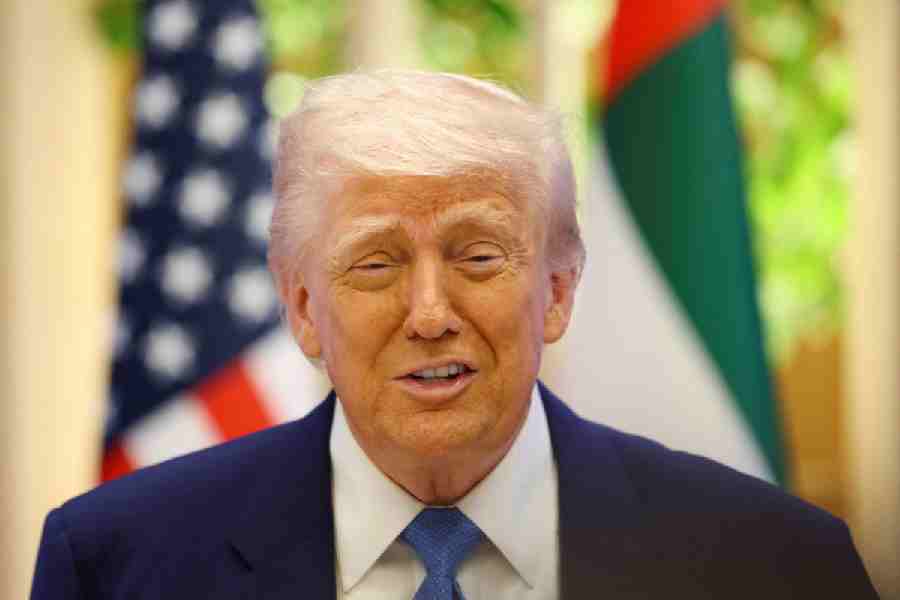The FBI has spent decades investigating some professors and students from China suspected of using their studies to secretly spy for their home country. As the Trump administration tries a new, more aggressive effort to stop such activity, experts fear it will do more harm than good for American research.
The plans the state department announced this past week to revoke visas of some Chinese college students strike even some former spy-hunters as a heavy-handed attempt to solve a more complicated problem.
“The overall number of People’s Republic of China students that actually pose some type of national security risk is relatively low compared to the number of students that will continue to support and further US research,” said Greg Milonovich, a former FBI agent who managed the counterintelligence division’s academic alliance programme as well as the national security higher education advisory board.
In announcing the move late on Wednesday, secretary of state Marco Rubio gave few specifics, offering only that the US government would “aggressively revoke visas for Chinese students, including those with connections to the Chinese Communist Party or studying in critical fields”.
How that vaguely defined standard will be enforced is not yet clear, but the directive is part of a broad campaign by the Trump administration to force major changes in American higher education.
College campuses, administration officials say, are in crisis, and only the federal government is willing and able to fix the proble
The senior White House adviser, Stephen Miller, outlined on Friday what the administration viewed as a threat to its interests. “We’re not going to be awarding visas to individuals who have a risk of being engaged in any form of malign conduct in the US, which of course would include espionage, theft of trade secrets, theft of technology or other actions that would degrade the security of our industrial base,” he said.
Some 277,000 students from China attended school in the US last year, second only to the number of students from India. Federal authorities have long grappled with the challenge of trying to prevent individuals from within that large group from stealthily siphoning critical technology or expertise to Chinese companies or government officials.
Milonovich said that American officials had long worried about the risks posed by some Chinese students but that the administration’s most recent push would ultimately harm the advancement of US technology.
Some students arrive in the US with pre-existing affiliations with Chinese government and intelligence agencies, while “many others are contacted, recruited or co-opted while they are in the US studying”, he said.
The authorities say that is what happened when Yanqing Ye came to study science at Boston University. Ye, according to an indictment unsealed in 2020, was a lieutenant in the Chinese Army before she arrived in the US, and as a student in Boston, she continued to carry out assignments for her Chinese superior officers, sending American documents and information to China.
New York Times News Service











